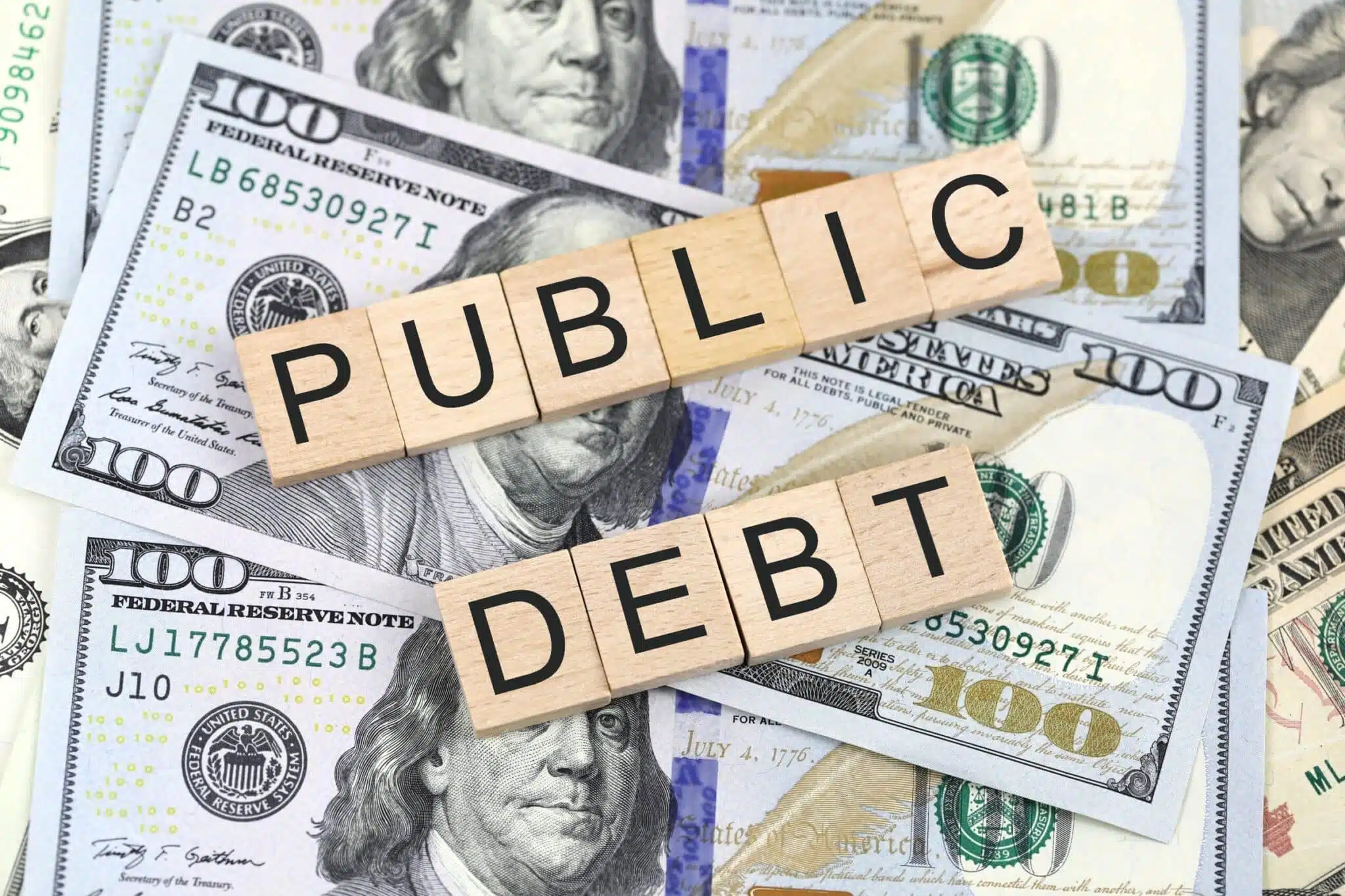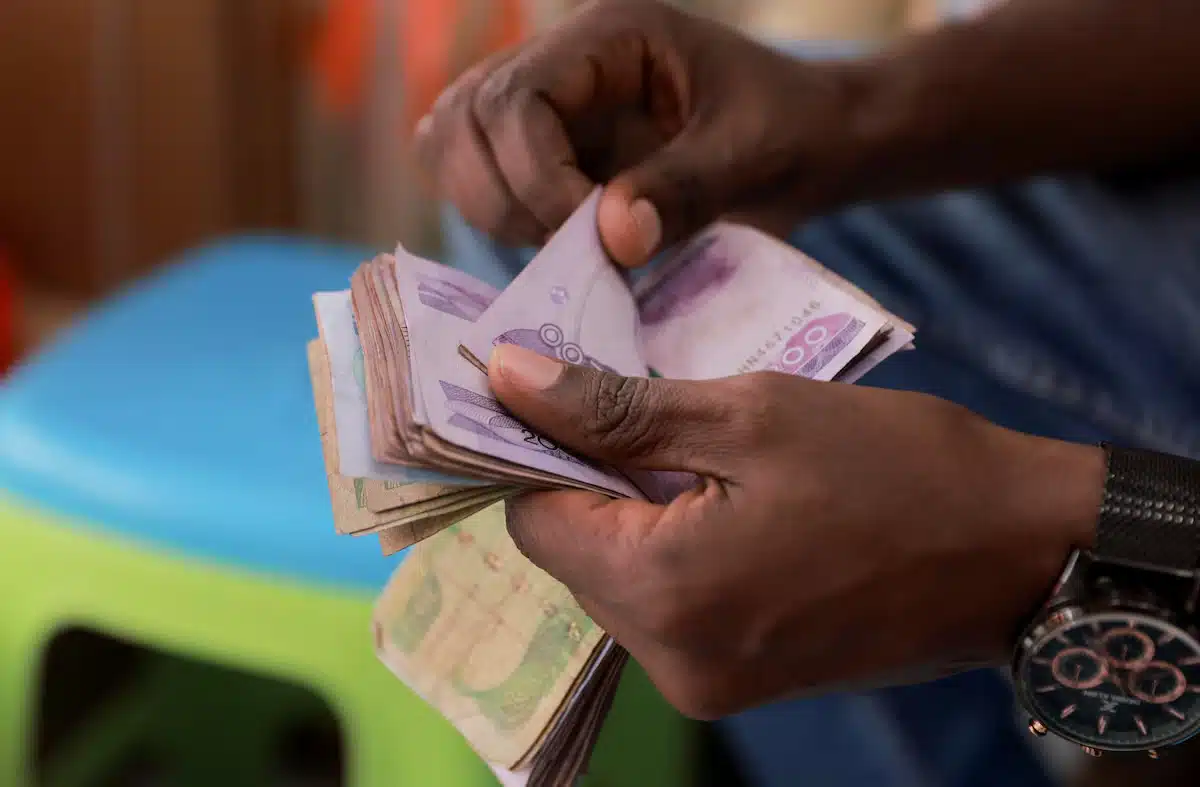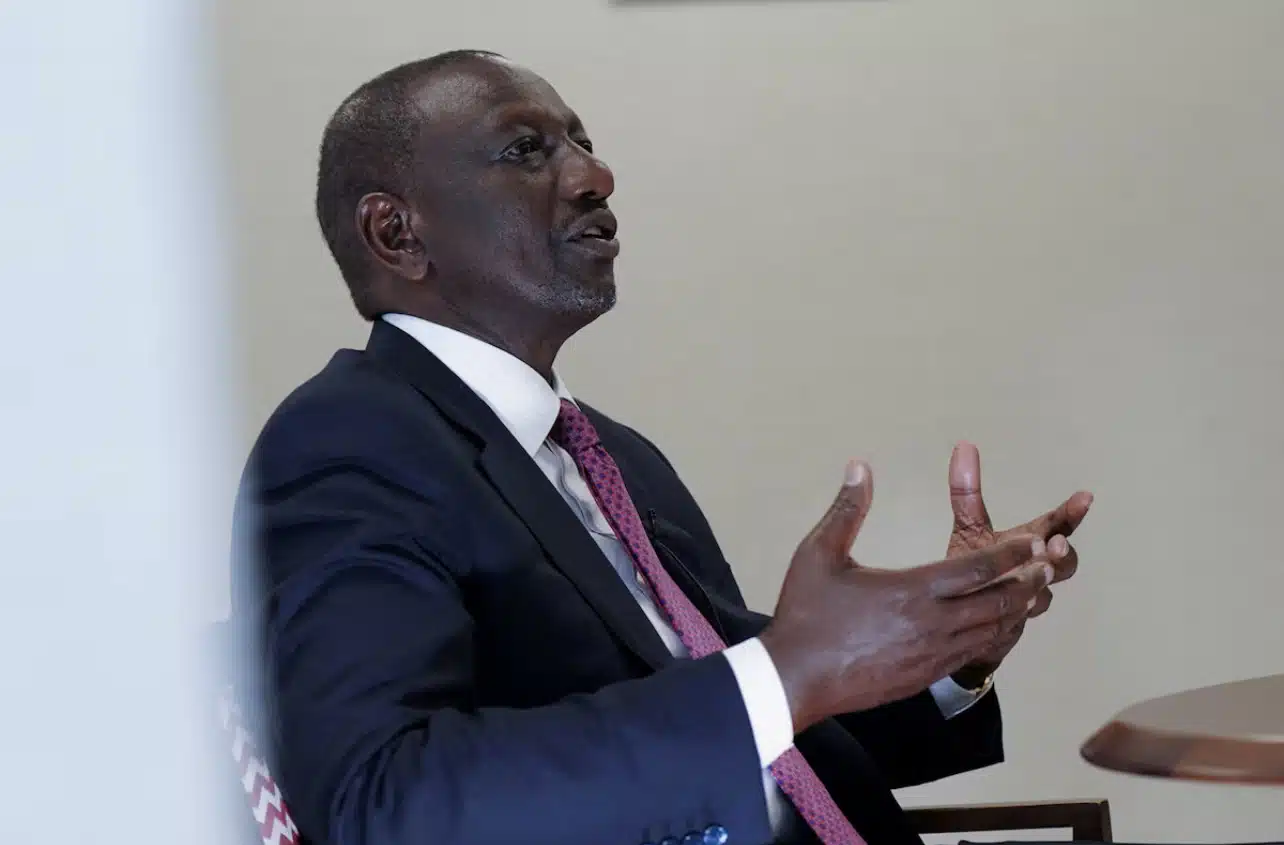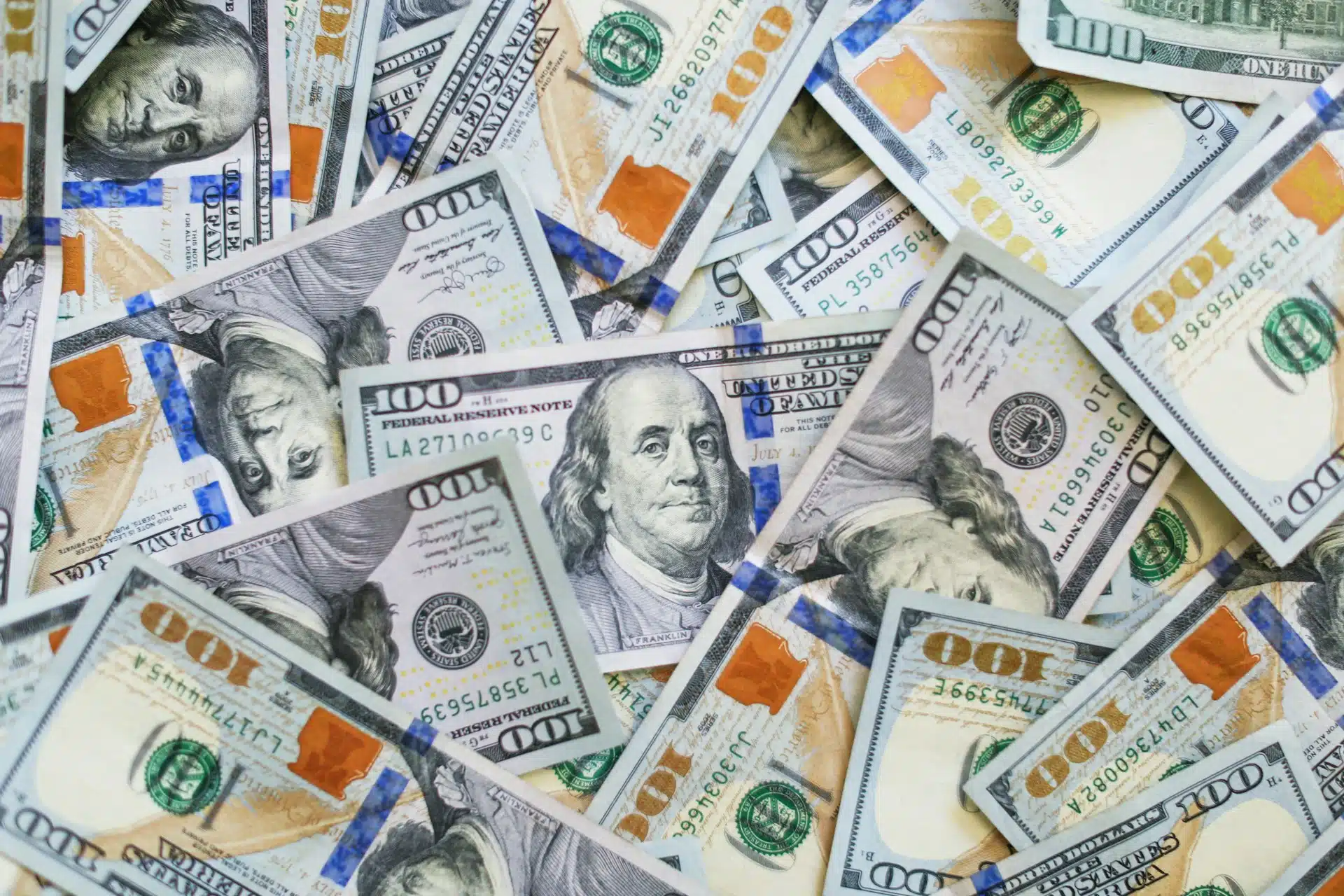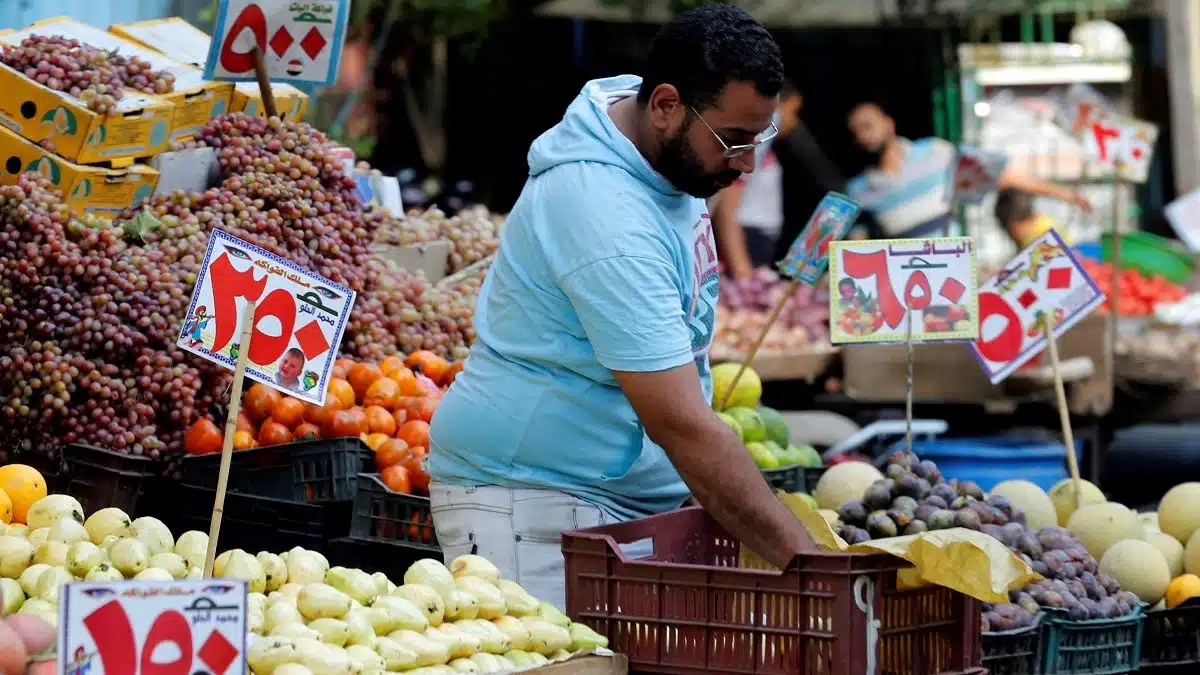Nigeria’s public debt stock could rise above $117.6 billion (₦180 trillion) by the end of 2025, driven by increased domestic and external borrowing as the country struggles with weak crude oil production and subdued global prices.
The projection is according to the recent 2025 macroeconomic review and outlook report released by investment and research firm Afrinvest (West Africa) Limited.
By comparison, it marks an increase of 21% from the $98 billion (₦149.4 trillion) reported at the end of March by the Debt Management Office, and highlights the mounting fiscal risks from underperforming oil revenue.
The federal government’s $36 billion (₦55 trillion 2025 budget, signed into law in February, assumes oil earnings of $14 billion (₦21 trillion) or 51.3% of total revenue, based on daily crude production of 2.06 million barrels and an average oil price of $75 per barrel.
However, the report revealed that between January and May, crude oil production averaged 1.67 million barrels per day—about 19% below target—while Brent crude traded at least 5% below the benchmark price in four of the first six months.
At current production and price levels, Afrinvest estimates that the government’s $27 billion (₦40.9 trillion) revenue target for 2025 could miss the mark by at least 20%, barring any significant recovery in the second half of the year.
Specifically, the firm projects a 19.8% shortfall in oil revenue for H1 2025, with actual earnings estimated at $5.5 billion (₦8.4 trillion) against a prorated target of (₦10.5 trillion) $6.7 billion.
“Should this scenario play out, we foresee higher-than-budgeted domestic and external borrowing if the total expenditure plan for the year were to be fully consummated,” Afrinvest said.
“Against this backdrop, the FG’s share of the national debt profile could exceed ₦165.0tn ($108 billion) by year-end, hence, pushing the national debt profile to over ₦180.0tn ($118 billion) level.”
At $117.6 billion (₦180 trillion), the country’s debt-to-GDP ratio would rise to 60%, surpassing the 55% sustainability threshold recommended by the International Monetary Fund.
To plug the gap left by falling oil revenue and avoid excessive borrowing, Afrinvest estimates that crude oil would need to average over $100 per barrel in the second half of the year.
But the firm believes this outcome is unlikely, citing the influence of Western powers on the global energy market, which may favour keeping oil at current prices.
Given its heavy reliance on oil export earnings, Nigeria remains highly vulnerable to fluctuations in global energy prices.

